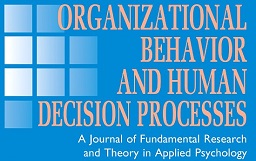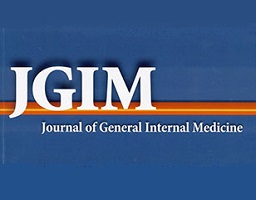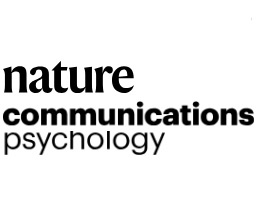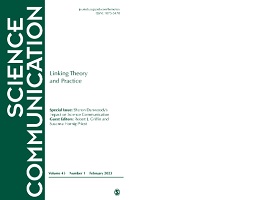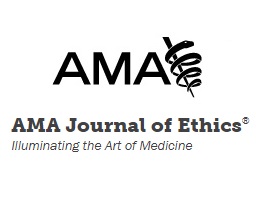Abstract
Is it possible to increase one’s influence simply by behaving more confidently? Prior research presents two competing hypotheses: (1) the confidence heuristic holds that more confidence increases credibility, and (2) the calibration hypothesis asserts that overconfidence will backfire when others find out. Study 1 reveals that, consistent with the calibration hypothesis, while accurate advisors benefit from displaying confidence, confident but inaccurate advisors receive low credibility ratings. However, Study 2 shows that when feedback on advisor accuracy is unavailable or costly, confident advisors hold sway regardless of accuracy. People also made less effort to determine the accuracy of confident advisors; interest in buying advisor performance data decreased as the advisor’s confidence went up. These results add to our understanding of how advisor confidence, accuracy, and calibration influence others.
